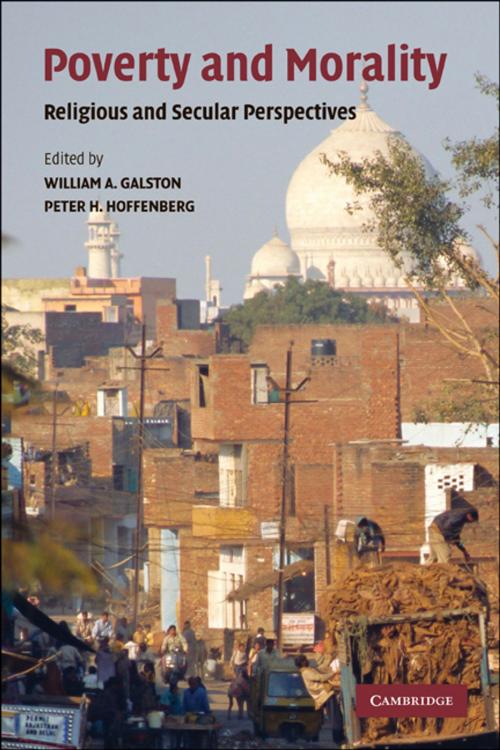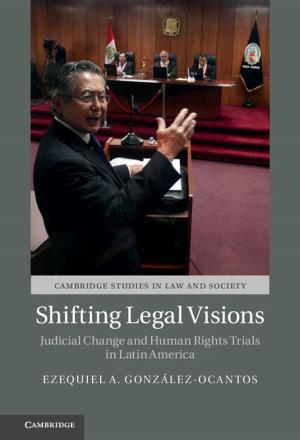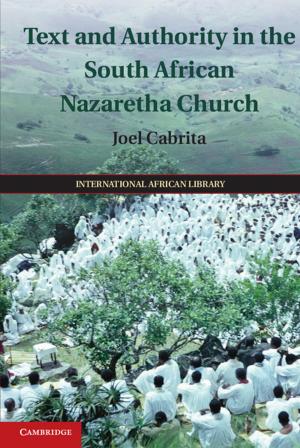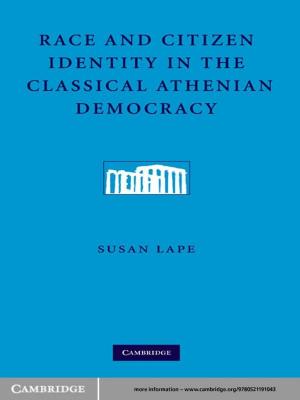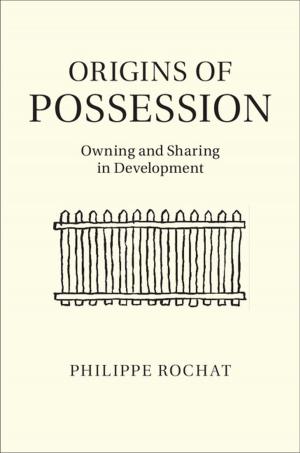Poverty and Morality
Religious and Secular Perspectives
Nonfiction, Religion & Spirituality, Philosophy, Ethics & Moral Philosophy| Author: | ISBN: | 9780511851025 | |
| Publisher: | Cambridge University Press | Publication: | September 20, 2010 |
| Imprint: | Cambridge University Press | Language: | English |
| Author: | |
| ISBN: | 9780511851025 |
| Publisher: | Cambridge University Press |
| Publication: | September 20, 2010 |
| Imprint: | Cambridge University Press |
| Language: | English |
This multi-authored book explores the ways that many influential ethical traditions - secular and religious, Western and non-Western - wrestle with the moral dimensions of poverty and the needs of the poor. These traditions include Buddhism, Christianity, Confucianism, Hinduism, Islam, and Judaism, among the religious perspectives; classical liberalism, feminism, liberal-egalitarianism, and Marxism, among the secular; and natural law, which might be claimed by both. The basic questions addressed by each of these traditions are linked to several overarching themes: what poverty is, the particular vulnerabilities of high-risk groups, responsibility for the occurrence of poverty, preferred remedies, how responsibility for its alleviation is distributed, and priorities in the delivery of assistance. This volume features an introduction to the types, scope, and causes of poverty in the modern world and concludes with Michael Walzer's broadly conceived commentary, which provides a direct comparison of the presented views and makes suggestions for further study and policy.
This multi-authored book explores the ways that many influential ethical traditions - secular and religious, Western and non-Western - wrestle with the moral dimensions of poverty and the needs of the poor. These traditions include Buddhism, Christianity, Confucianism, Hinduism, Islam, and Judaism, among the religious perspectives; classical liberalism, feminism, liberal-egalitarianism, and Marxism, among the secular; and natural law, which might be claimed by both. The basic questions addressed by each of these traditions are linked to several overarching themes: what poverty is, the particular vulnerabilities of high-risk groups, responsibility for the occurrence of poverty, preferred remedies, how responsibility for its alleviation is distributed, and priorities in the delivery of assistance. This volume features an introduction to the types, scope, and causes of poverty in the modern world and concludes with Michael Walzer's broadly conceived commentary, which provides a direct comparison of the presented views and makes suggestions for further study and policy.
